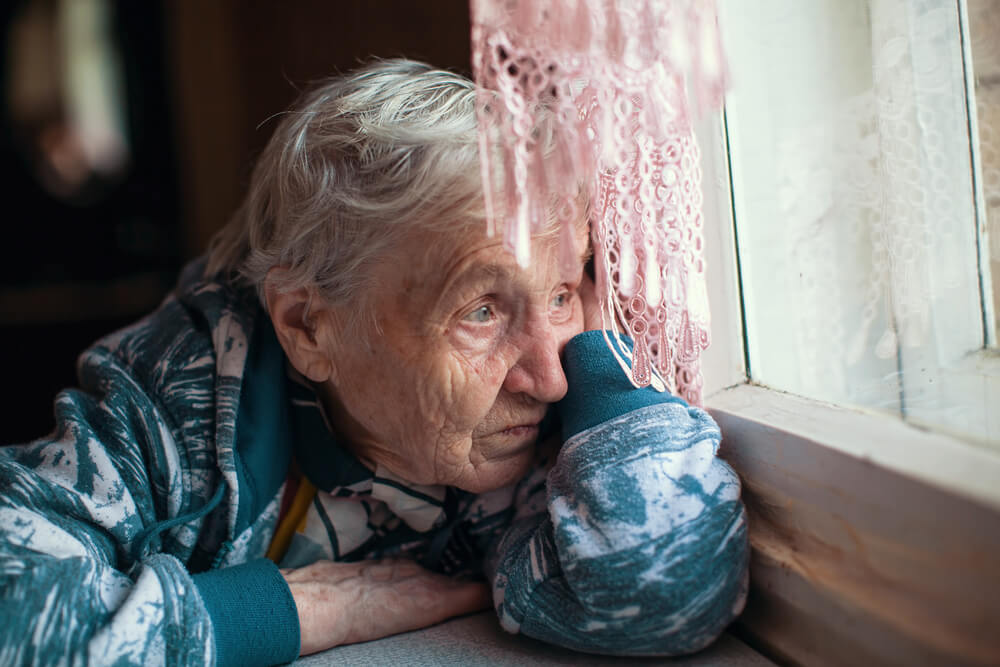Depression is not a homogeneous and unitary diagnostic category, depending on each person, or more specific variables, such as the age group, it can manifest itself in one form or another, for example, in the case of childhood depression, mood, more than sad or discouraged, usually manifests itself in irritation or discomfort without sadness. In addition, children often report more physiological symptoms and sleep problems. And in the case of depression in old age, what happens?
Epidemiological data indicate that depression in the elderly also has a particular course and manifestation, so treating it usually leads to errors.
- Sometimes the symptoms of depression are considered normal in the elderly and do not receive enough attention.
- In addition.
- The drugs chosen for treatment.
- In many cases.
- Are not the most appropriate.
It is common to find older people in homes or geriatric institutions with clinical depression, is the event generally atypical if we do not consider the variable age, precisely because of the difficulty that many older adults have in expressing their symptoms according to mood?tend to do this through somatic complaints.
It is common for them to verbalize sleep difficulties, lack of energy, localized or nonspecific pain, etc. This is reflected in the fact that professionals associate symptoms more with a physical illness than with a depressive disorder, often because of this overlap. between physical illness and depression, depression tends to mask itself.
There is a relative consensus in the scientific literature that depression in the elderly largely implies the presence of the following characteristics:
Preventing depression in the elderly is critical. As part of this problem, researchers Lowenthal and Haven conducted a study that found the importance for older adults of having a trusted person.
Social support for the elderly not only improves their mental health, but also their physical health.
Older people who receive social support are less likely to die for an extended period of time than those who do not. It has been shown that there is a significant relationship between social support (being married, interpersonal relationships, satisfaction with the environment, etc. ) and lower risk of heart disease.
On the other hand, of course, having social support is linked to the maintenance of adequate health behaviors, as well as better adherence to medical treatments. Having successful social relationships in old age increases immunocompetence and modulates the stress inherent in this stage of life. In this sense, research on psychosocial therapies for the elderly has begun.
As for psychological health, a critical variable is loneliness, older people who meet or feel alone are much more likely to suffer from depression, social support is a protective variable against stress and anxiety.
Having people around isn’t the only aspect that counts as support, the evidence also shows us the importance of having a pet.
On the other hand, the breadth of the network of friends in old age, with whom interests, playful or recreational activities can be shared, as well as sharing these activities with the spouse, are linked to a better adaptation to retirement.
In conclusion, people who enjoy leisure activities with others or who have a pet or who feel that they are not alone are less likely to suffer from depression in old age, their health is better and, as a result, they use the health system less. .
Prevention, in this sense, is to avoid to the greatest extent possible that older people are alone and develop treatment perspectives capable of increasing well-being and life satisfaction.

